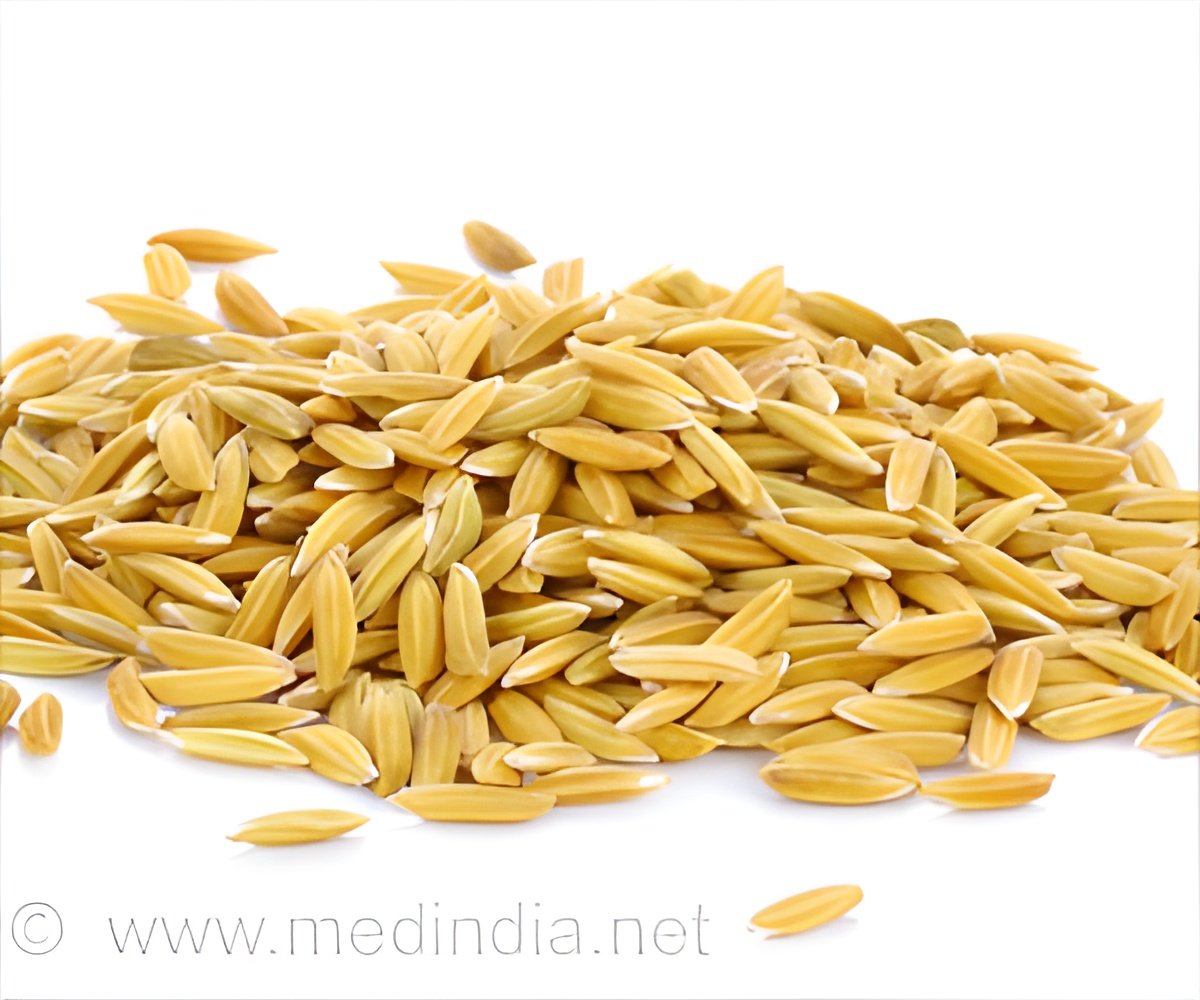
Zhongjiu25 (ZJ25) and Wuyunjing7 (WYJ7) were the most effective genotypes among Indica and Japonica varieties, respectively, the study said.
"We have this bucolic idea of agriculture - animals grazing or vast fields of majestic crops - but the global reality is it's one of the biggest drivers of environmental pollution and climate change," said one of the study authors Herbert Kronzucker, Professor at the University of Toronto Scarborough.
Kronzucker in collaboration with a team at the Chinese Academy of Sciences looked at 19 varieties of rice to see which ones were more efficient at using nitrogen.
"Anything we can do to reduce demand for nitrogen, both environmentally and for farmers in the developing world struggling to pay for it, is a significant contribution," Kronzucker said.
They found that key microbial reactions that lead to an inefficiency in nitrogen capture can be significantly reduced in certain varieties of rice plants through the action of those specific chemicals released from root cells.
Advertisement
As a result, plant geneticists bred crops that responded to high fertiliser use regardless of how efficient they were at using nitrogen.
Advertisement
The researchers hope that this study will help inform rice-growing strategies throughout Asia.
One option could be to provide farmers with government incentives like tax credits, to switch to a more nitrogen-friendly variety.
Another outcome could be better breeding programmes where even better species of crops can be produced.
"There's no reason a crop can't result in less pollution while also saving farmers money; the two aren't incompatible," Kronzucker said.
Source-IANS









